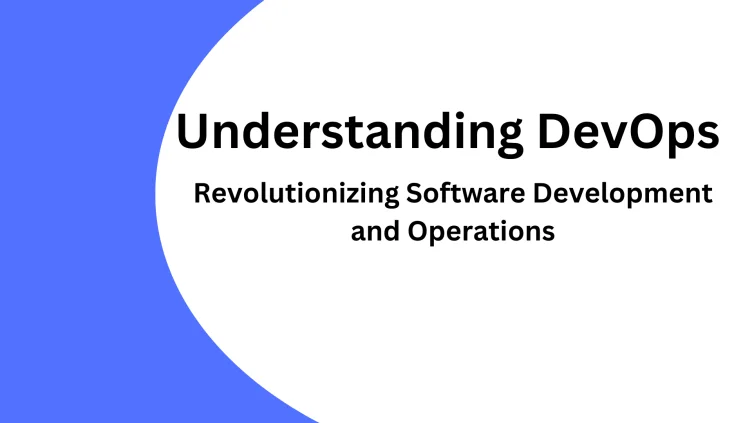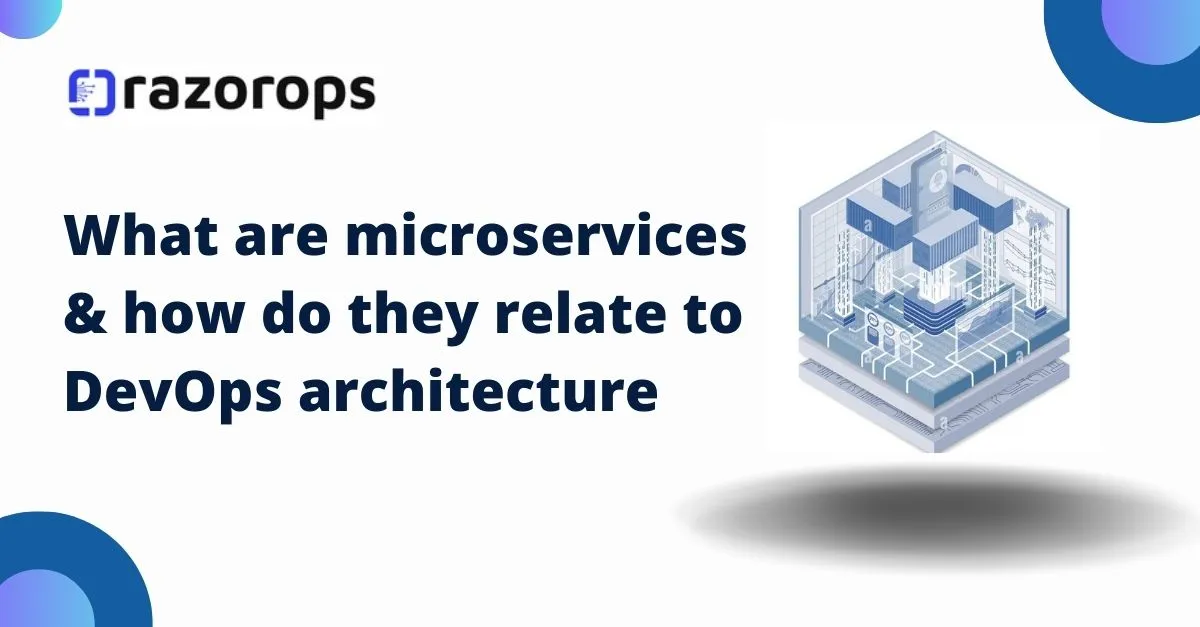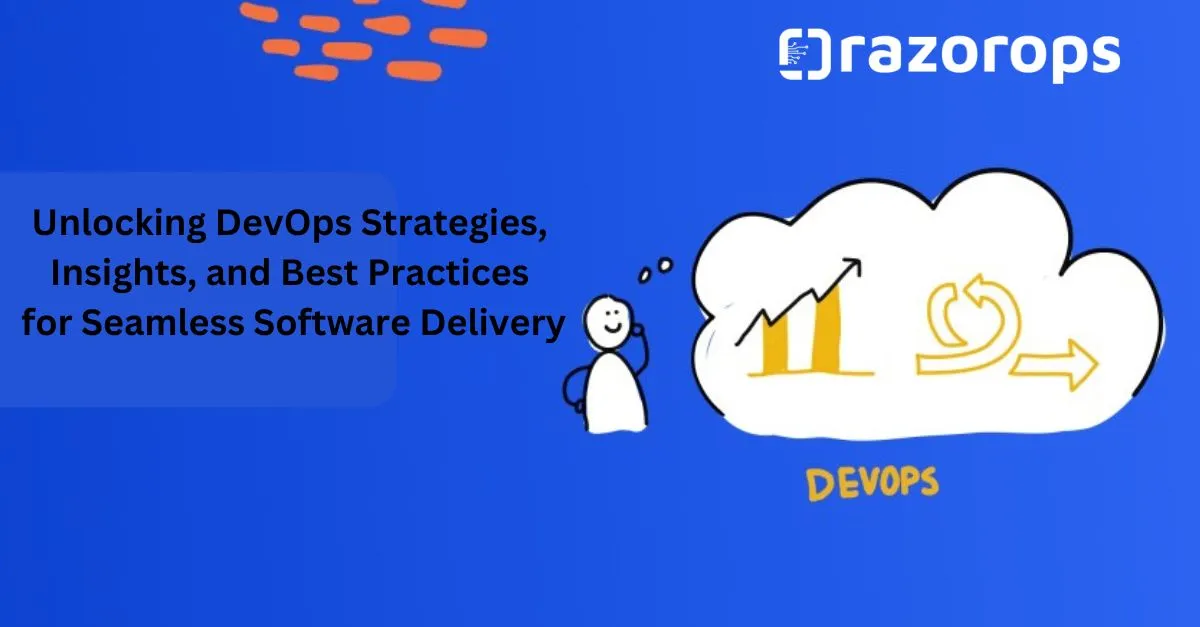What are DevOps principles and its benefits?

DevOps principles encompass a set of guiding philosophies and practices aimed at fostering collaboration and integration between software development and IT operations teams. These principles emphasize automation, continuous integration, continuous delivery, and a culture of shared responsibility.
The benefits of adopting DevOps principles are numerous. They include accelerated software delivery cycles, improved quality through automated testing, enhanced efficiency by streamlining processes, and increased reliability of deployments. Additionally, DevOps promotes better alignment with business goals, reduced risk through continuous monitoring and feedback, and ultimately, enables organizations to innovate and compete more effectively in the market.
DevOps, short for Development and Operations, is a set of practices, principles, and cultural philosophies aimed at improving collaboration, communication, and integration between software development (Dev) and IT operations (Ops) teams. Here are some key principles of DevOps and the benefits they bring:
DevOps Principles:
Culture of Collaboration: DevOps promotes a culture where development and operations teams work closely together, breaking down silos and fostering shared responsibility.
- Automation: Automation is central to DevOps, enabling the rapid and reliable deployment of software through the use of tools and scripts for provisioning, configuration management, testing, and deployment.
-
Continuous Integration (CI): Developers frequently integrate their code changes into a shared repository, where automated tests are run to detect integration issues early.
-
Continuous Delivery (CD): Code changes that pass through CI are automatically deployed to production-like environments, ensuring that software can be released to customers quickly and with confidence.
-
Infrastructure as Code (IaC): Infrastructure is defined and managed through code, allowing for consistent, repeatable provisioning and configuration of infrastructure resources.
-
Monitoring and Feedback: DevOps emphasizes continuous monitoring of applications and infrastructure, with feedback loops that provide insights into performance, reliability, and user experience.
-
Microservices Architecture: DevOps often aligns with a microservices architecture, where applications are composed of small, loosely coupled services that can be developed, deployed, and scaled independently.
- Security Integration: Security is integrated throughout the software development lifecycle, with practices such as automated security testing, vulnerability scanning, and compliance monitoring.
Who Should Use DevOps and CI/CD Automation:
-
Software Development Companies: Organizations that develop software products or provide software as a service (SaaS) can greatly benefit from implementing DevOps and CI/CD automation. This includes companies in industries such as technology, finance, healthcare, e-commerce, and more.
-
Enterprise IT Departments: Large enterprises with complex IT infrastructures and multiple software projects can streamline their development and operations processes by adopting DevOps and CI/CD practices. This enables them to improve collaboration, accelerate delivery, and ensure consistency across teams and projects.
-
Startups and SMBs: Even small and medium-sized businesses can leverage DevOps and CI/CD automation to compete more effectively in the market. By automating repetitive tasks and optimizing their software delivery pipelines, startups and SMBs can increase agility, reduce costs, and scale their operations more efficiently.
-
Cloud-Native Organizations: Companies that rely heavily on cloud infrastructure and cloud-native technologies can benefit significantly from DevOps and CI/CD automation. These organizations can take advantage of cloud-native tools and services to automate deployment, scaling, and management of their applications, enabling rapid innovation and growth.
-
Cross-Functional Teams: DevOps encourages collaboration and communication across development, operations, QA, security, and other teams involved in the software delivery process. Organizations with cross-functional teams can use DevOps practices to break down silos, improve transparency, and drive alignment towards common goals.
Benefits of DevOps and CI/CD Automation:
-
Faster Time to Market: Automation of development, testing, and deployment processes reduces manual effort and accelerates the delivery of software updates and features to end-users.
-
Improved Quality: Continuous integration, automated testing, and continuous delivery practices result in higher-quality software with fewer defects, enhancing user satisfaction and reducing rework.
-
Increased Efficiency: Automation streamlines repetitive tasks, reduces errors, and frees up resources to focus on innovation and value-added activities, increasing productivity and efficiency.
-
Enhanced Reliability: CI/CD automation ensures consistent and reliable software deployments, with automated checks and safeguards to detect and prevent issues before they impact users.
-
Cost Savings: By optimizing processes, reducing manual effort, and minimizing downtime, DevOps and CI/CD automation can lead to significant cost savings over time.
-
Better Visibility and Control: DevOps tools and practices provide visibility into the software delivery pipeline, enabling teams to track progress, monitor performance, and make data-driven decisions to improve outcomes.
-
Greater Agility and Scalability: DevOps practices enable organizations to respond quickly to changing market demands, scale resources up or down as needed, and experiment with new features or products more easily.
Overall, DevOps and CI/CD automation empower organizations to deliver software faster, with higher quality, and at lower cost, driving innovation, competitiveness, and business growth.
Ready to see our product RazorOps CI/CD in action? Sign up for a Free trial today!









